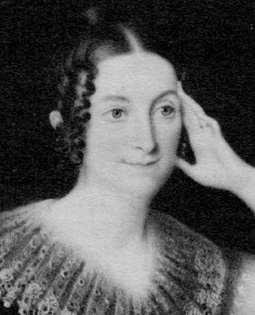A Quote by Zhang Zhidong
We would here state that there are now three things necessary to be done in order to save China from revolution. The first is to maintain the reigning Dynasty; the second is to conserve the Holy Religion; and the third is to protect the Chinese race.
Related Quotes
The most successful hyperpowers are the ones where there was actual intermixing. Tang dynasty China was China's golden age, and contrary to what I was told when I was growing up, Tang China was founded by a man who by today's standards was no more than half Chinese. It was a mixed-blood dynasty that pulled in 'barbarians' from the steppe.
It can be argued - and rightly - that Taiwan is not just another regional issue: after all, the Chinese regard it as part of China. But Taiwan is also a regional issue for three reasons. First, the overthrow or even the neutering of democracy in Taiwan, which is what Beijing effectively demands, would be a major setback for democracy in the region as a whole. Second, if the Chinese were able to get their way by force in Taiwan, they would undoubtedly be tempted to do the same in other disputes. And third, there is no lack of such disputes to provoke a quarrel.
After the countrywide victory of the Chinese revolution and the solution of the land problem, two basic contradictions will still exist in China. The first is internal, that is, the contradiction between the working class and the bourgeoisie. The second is external, which is the contradiction between China and the imperialist countries. Consequently, after the victory of the people's democratic revolution, the state power of the people's republic under the leadership of the working class must not be weakened but must be strengthened.
The most successful hyperpowers are the ones where there was actual intermixing. Tang dynasty China was Chinas golden age, and contrary to what I was told when I was growing up, Tang China was founded by a man who by todays standards was no more than half Chinese. It was a mixed-blood dynasty that pulled in "barbarians" from the steppe.
What our view of the effectiveness of religion in history does at once make evident as to its nature is--first, its necessary distinction; second, its necessary supremacy. These characters though external have been so essential to its fruitfulness, as to justify the statement that without them religion is not religion. A merged religion and a negligible or subordinate religion are no religion.
In order to contract, It is necessary first to expand. In order to weaken, It is necessary first to strengthen. In order to destroy, It is first necessary to promote. In order to grasp, It is necessary first to give. This is called subtle light. The weak and the tender overcome the hard and the strong.
It is only after mature deliberation and thorough preparation that I have decided upon the Program of Revolution and defined the procedure of the revolution in three stages. The first is the period of military government; the second, the period of political tutelage; and the third, the period of constitutional government.
Taken as a whole, the Chinese revolutionary movement led by the Communist Party embraces the two stages, i.e., the democratic and the socialist revolutions, which are two essentially different revolutionary processes, and the second process can be carried through only after the first has been completed. The democratic revolution is the necessary preparation for the socialist revolution, and the socialist revolution is the inevitable sequel to the democratic revolution. The ultimate aim for which all communists strive is to bring about a socialist and communist society.
The patriarchal, the Jewish, and the Christian dispensations, are evidently but the unfolding of one general plan. In the first we see the folded bud; in the second the expanded leaf; in the third the blossom and the fruit. And now, how sublime the idea of a religion thus commencing in the earliest dawn of time; holding on its way through all the revolutions of kingdoms and the vicissitudes of the race; receiving new forms, but always identical in spirit; and, finally, expanding and embracing in one great brotherhood the whole family of man! Who can doubt that such a religion was from God?































